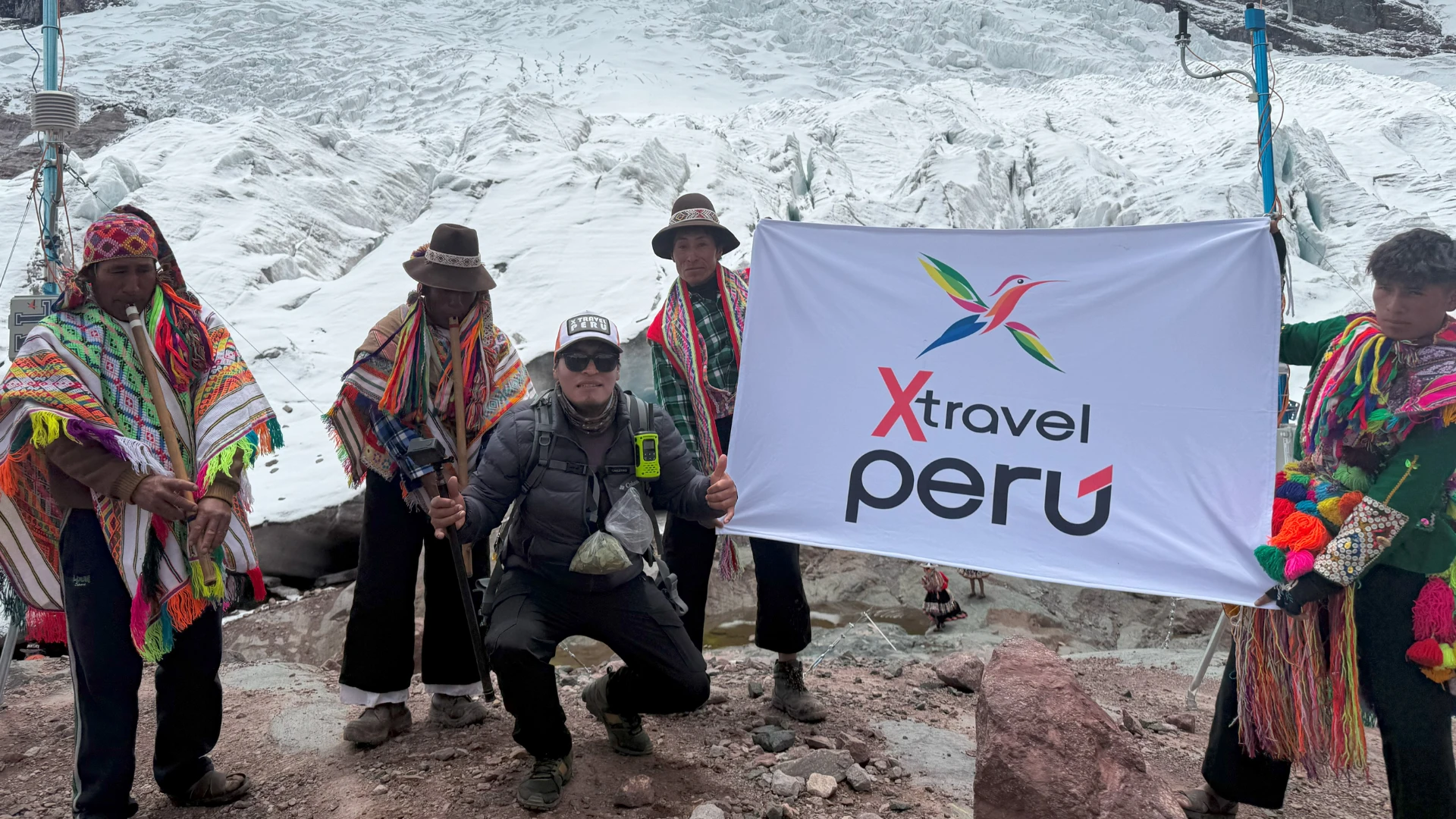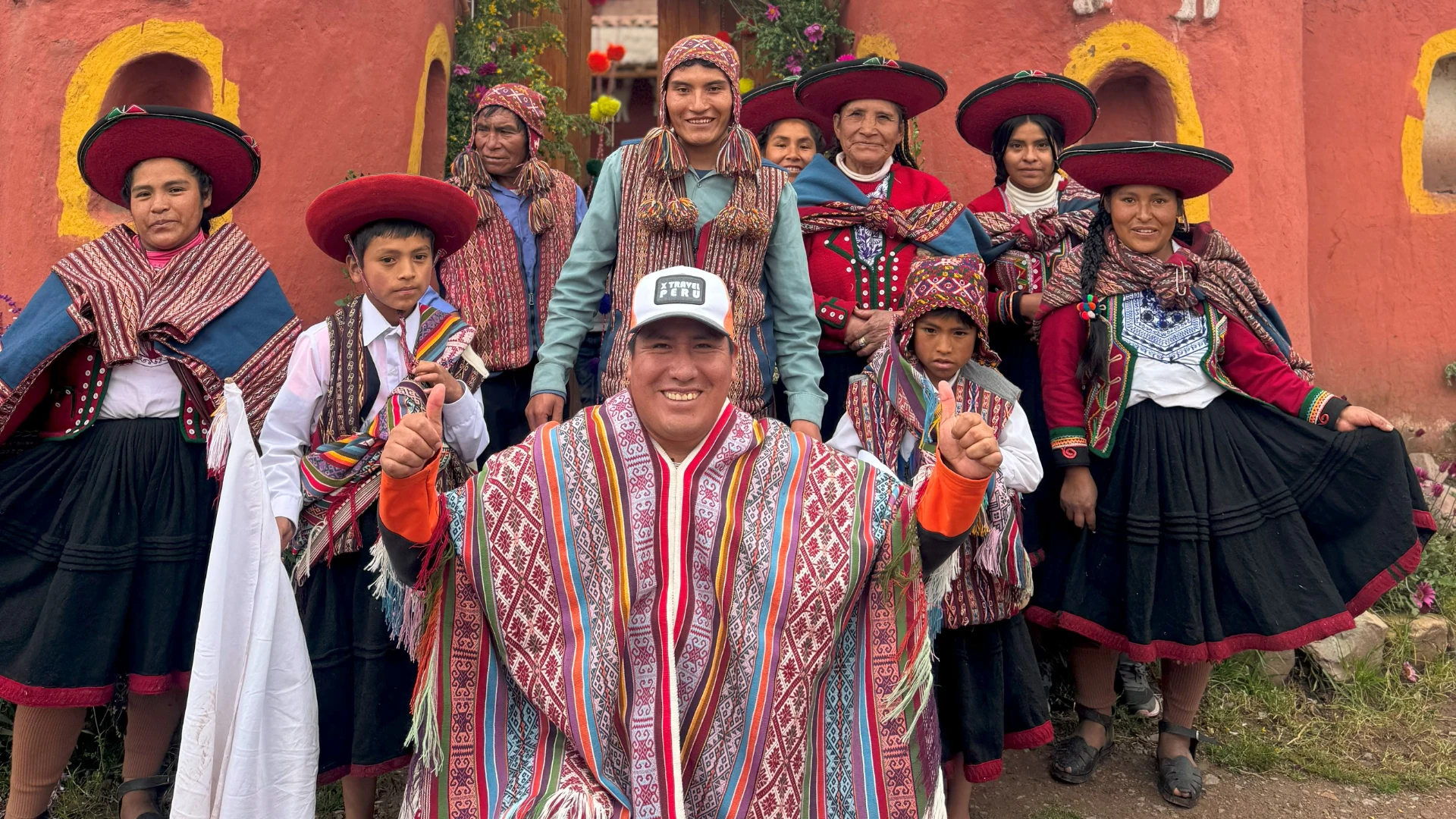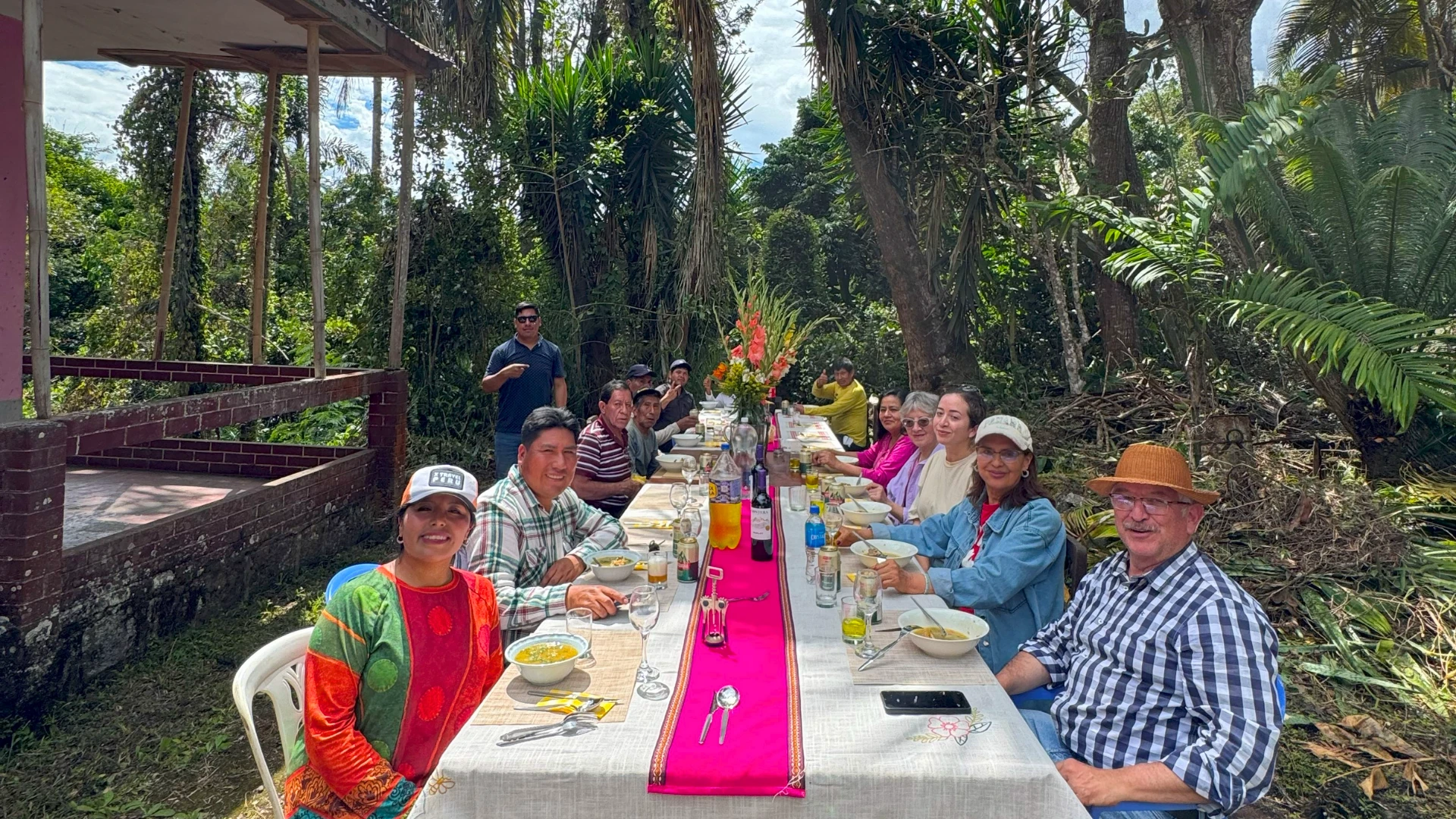X Travel Peru's Commitment
To our land, to our people, to our future
Transforming Tourism
Our main commitment is to work hand in hand with Andean communities to promote their economic, social and cultural development, focusing on sustainable projects that respect the environment and strengthen local identity.
From Huayopata to the World
X TRAVEL PERU was born in Cusco, Peru, founded by Américo Cabrera Ollachica, a tourism professional from La Convención, Huayopata, a small and valuable Andean village.
From the beginning, Américo worked with the conviction of transforming tourism into a collaborative, fair and beneficial activity for all involved. He knows firsthand the reality of rural communities and understands the importance of generating opportunities for those who are part of the tourism chain.
Community Development
We work directly with Andean communities to create sustainable economic opportunities through experiential and responsible tourism.
Environmental Conservation
We promote tourism practices that protect biodiversity and the unique ecosystems of the Peruvian Andes.
Education and Training
We provide continuous training in tourism management, hospitality and entrepreneurship to community members.
Cultural Preservation
We value and protect the traditions, customs and ancestral knowledge of Andean cultures.
Initiatives that Transform Lives
Each project represents our commitment to sustainable development and the well-being of Andean communities
 In Development
In Development
Tourism Research and Training in Ausangate
This project seeks to strengthen the tourism capacities of the Ausangate property through participatory research and social training programs. We work on topics such as responsible tourism, cultural preservation, environmental sustainability and development of high-quality community experiences.
- Volunteering in field activities and community support
- Tourism and environmental research teams
- Contributing professional knowledge (tourism, education, environment, marketing)
- Donating educational or work materials
- Spreading the word about the project to include more people
- Participating in cleaning, reforestation and sustainability campaigns
 Active
Active
Experiential Tourism in Umasbamba
We strengthen experiential tourism in the Umasbamba community, preserving its cultural identity, promoting the participation of local families and generating sustainable income through authentic activities such as agriculture, traditional weaving and Andean gastronomy.
- Visiting the community and experiencing experiential tourism
- Participating in cultural activities, weaving and agriculture workshops
- Joining cultural and educational support initiatives
- Buying local products (textiles, handicrafts, organic food)
- Providing technical support in community tourism, management or marketing
- Helping promote the community as a sustainable destination
 Permanent
Permanent
Hacienda El Triunfo: Living Sustainability
At Hacienda El Triunfo we develop sustainable agriculture activities, animal care, environmental education and experiential experiences that seek to promote responsible coexistence with nature. This space represents a model of comprehensive sustainability.
- Joining sustainability agricultural activities
- Participating in environmental volunteering programs
- Supporting with tools, seeds, agricultural inputs or educational materials
- Sharing knowledge in organic agriculture, recycling or environmental management
 Annual
Annual
Christmas with X Travel Peru
This initiative seeks to bring Christmas joy to vulnerable communities through solidarity activities, gift delivery, hot chocolate events and social support actions. X Travel Peru works to provide hope and unity during special dates.
- Donating toys, clothes, food, school supplies or financial contributions
- Supporting with transportation, logistics or complementary services
- Spreading the word about the campaign to include more hands and hearts
Results that Matter
Each number represents transformed lives and strengthened communities
Principles that Guide Us
Every action we take is grounded in these essential values
Respect
We deeply value the cultures, traditions and ways of life of the communities we work with.
Transparency
We act with honesty and clarity in all our operations and communications.
Collaboration
We believe in joint and participatory work with local communities.
Sustainability
We think long-term, caring for the planet for future generations.
Be Part of the Change
Join our mission to transform tourism into a positive force for Andean communities. Every trip, every donation, every gesture counts.